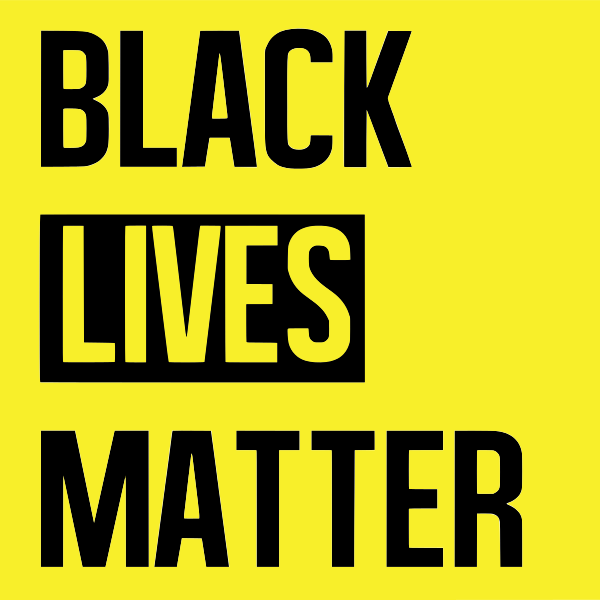Black Lives Matter

Photo courtesy of Wikimedia Commons.
June 26, 2020
Ahmaud Arbery’s murder illustrated how the everyday, ritualistic activity of running 2.23 miles has the power to endanger a Black life.
Breonna Taylor’s murder highlighted how, despite overwhelming evidence, systems of power often refuse to bring their own to justice.
George Floyd’s murder ignited the nation, exposing a violent form of Black death to our country through an 8 minute and 46-second video.
And Jacob Blake’s shooting brought this vicious and oppressive system spiraling closer to home.
It’s probable 2020 marks a turning point in the cultural understanding of anti-Blackness in the United States. To some, the violence inflicted on Ahmaud Arbery, Breonna Taylor, George Floyd, Jacob Blake and countless others serves as a wake-up call, urging them to take to the streets and social media feeds to demand change. For many, the experience of racism spans four centuries. For many, the antagonization of Black individuals still remains and has occurred for lifetimes, generations; even stretching before the founding of our nation.
The Evanstonian is not just a group of student journalists; it is a group of storytellers, and it is our privilege and duty to tell stories that make it clear that Black lives matter. We strive to investigate the ways The Evanstonian has historically perpetuated anti-Blackness, and the ways, moving forward, we can create space for Black Evanstonians to heal. We, The Evanstonian editorial board, are dedicated to dismantling the structures that uphold white supremacy–both in our publication and the Evanston community generally – on the way to support the Black community and illuminate its experiences.







